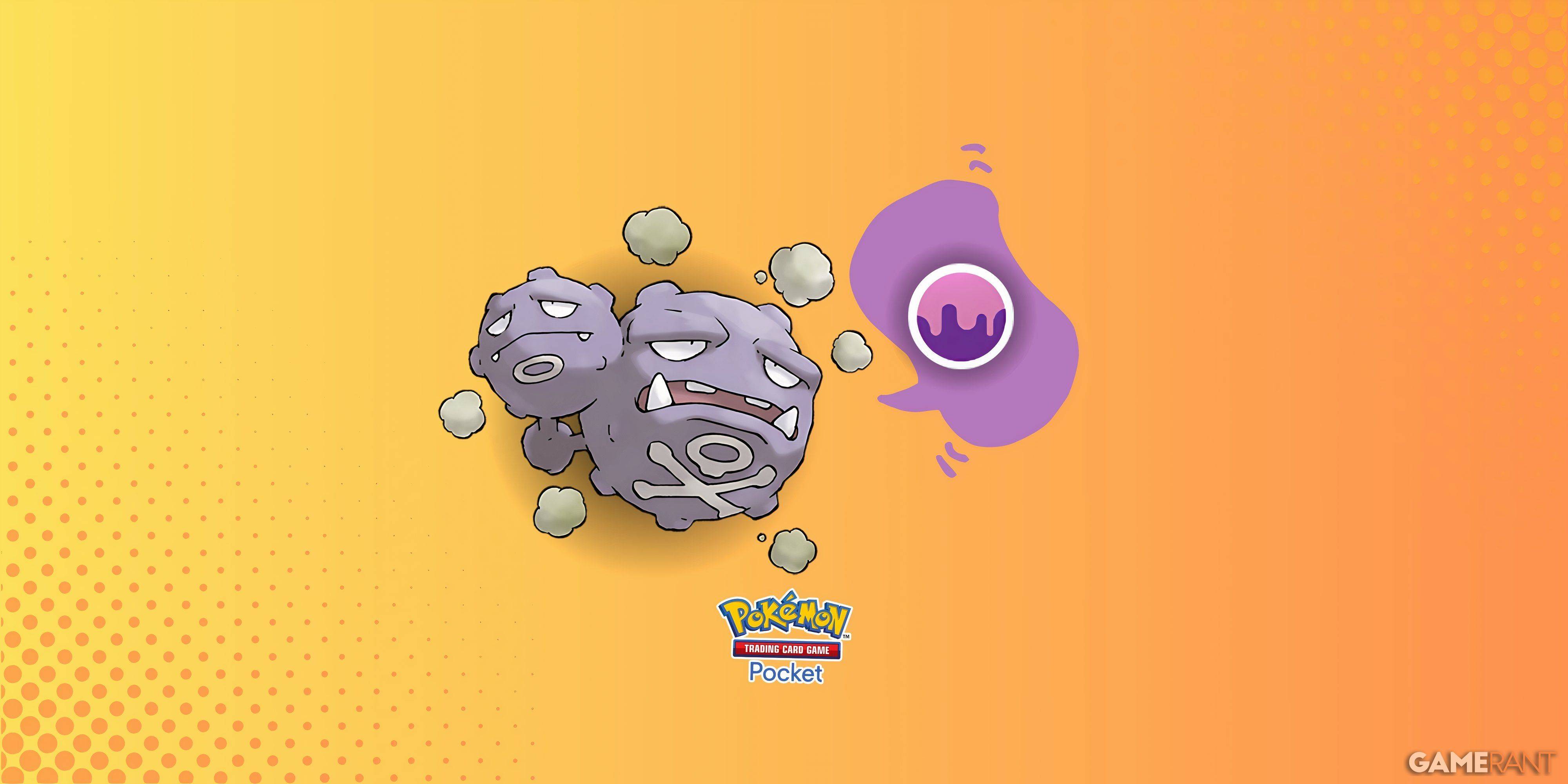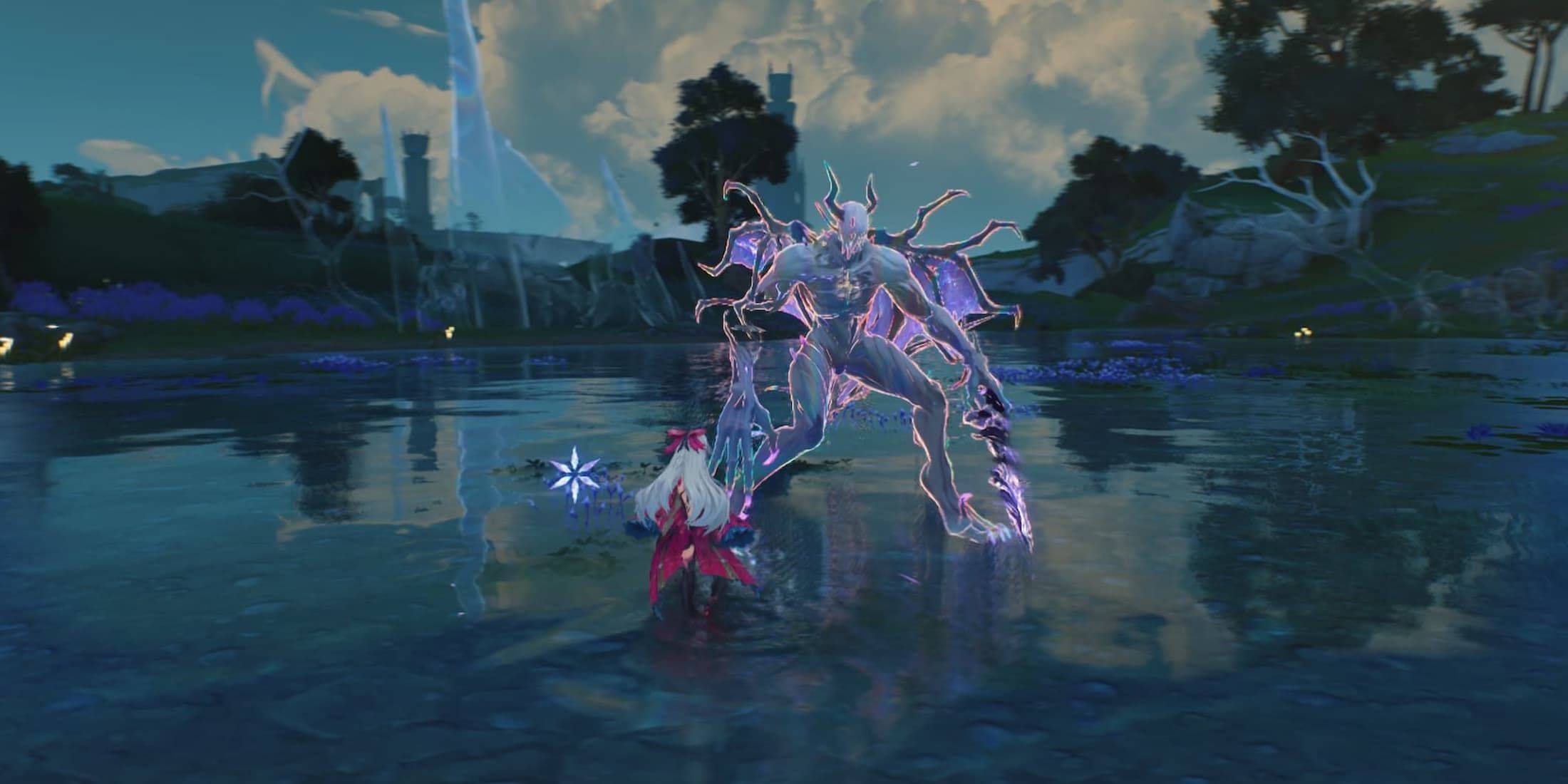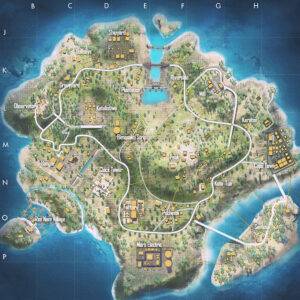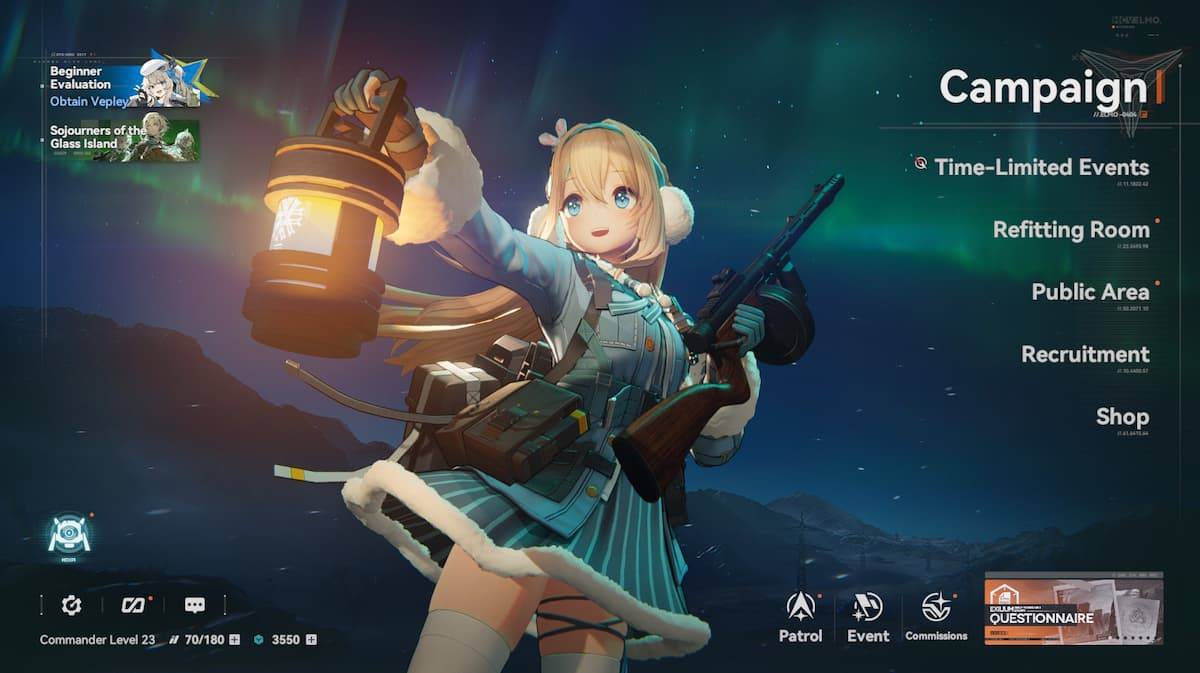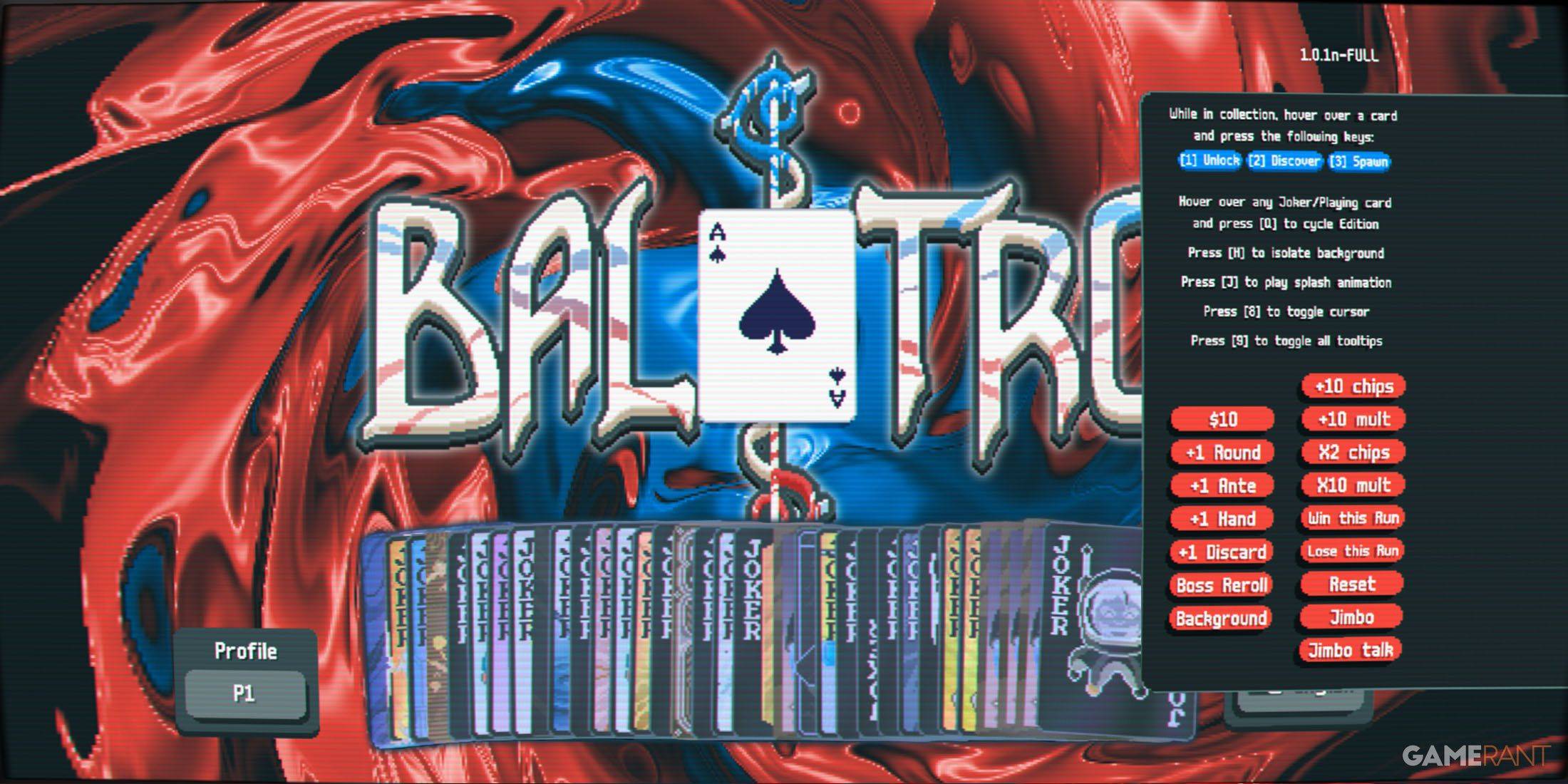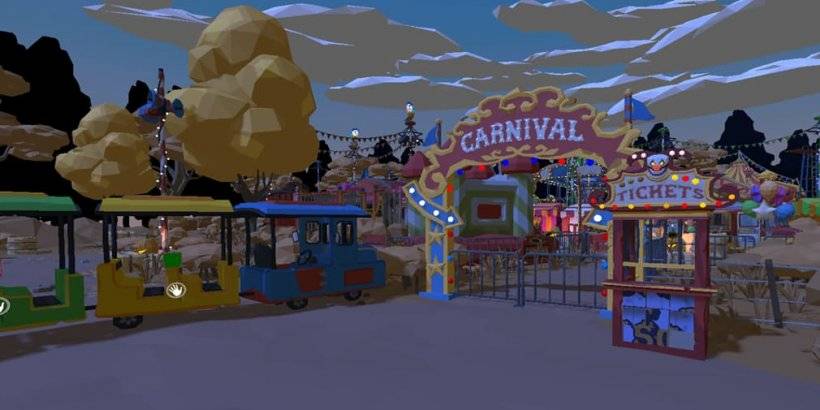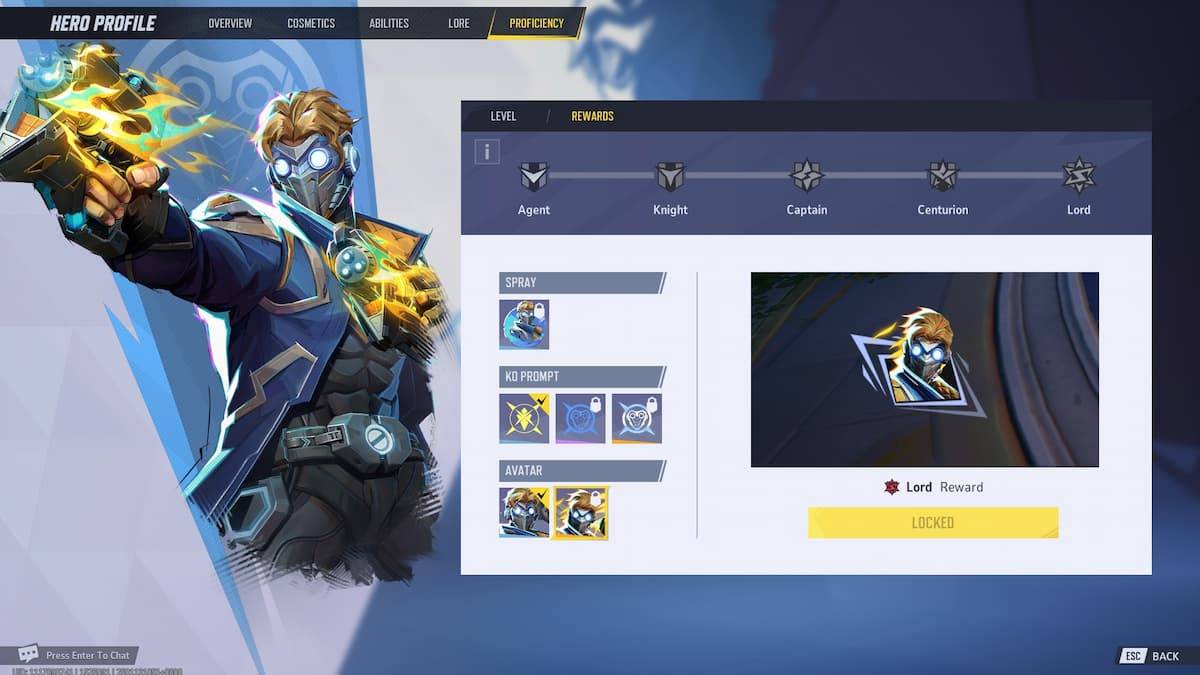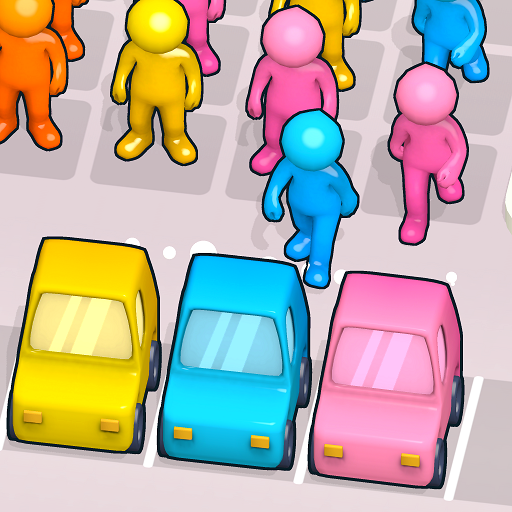Civ 7: Redefining Leadership in Gaming
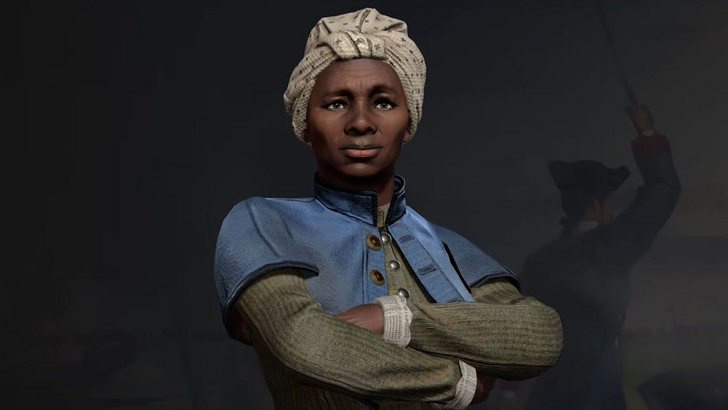
Civilization's leaders have long been as iconic as the civilizations themselves, but the way Firaxis selects each nation's representation has evolved significantly over the years. Dive into the world of Civilization VII to discover how its roster redefines the concept of leadership.
← Return to Sid Meier's Civilization VII main article
Civ VII Redefines What it Means to Be a Leader
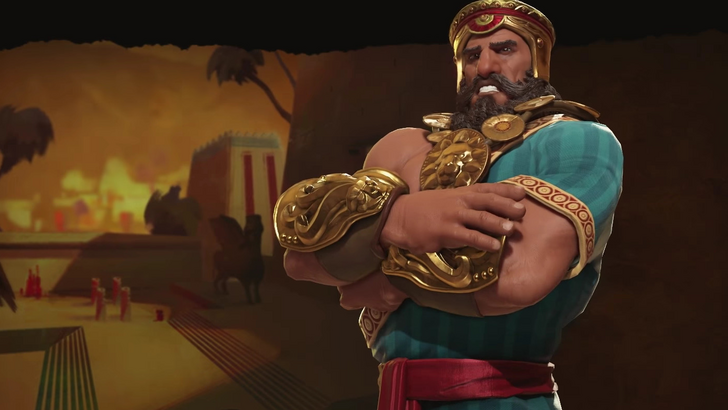
Leaders in Civilization are integral to the series, forming the core identity of each game since the original release. These figures are the heartbeat of their civilizations, influencing gameplay as much as the civs themselves. Over time, the leaders have evolved, reflecting the diversity and complexity of real-world nations. Each new installment brings fresh innovations to the design and role of leaders, redefining what it means to lead in the game.
Join me as we trace the history of Civilization’s leaders, explore how they've changed across iterations, and see how Civilization VII introduces a new era of leadership.
Old Civ Was a Superpowers Club Only
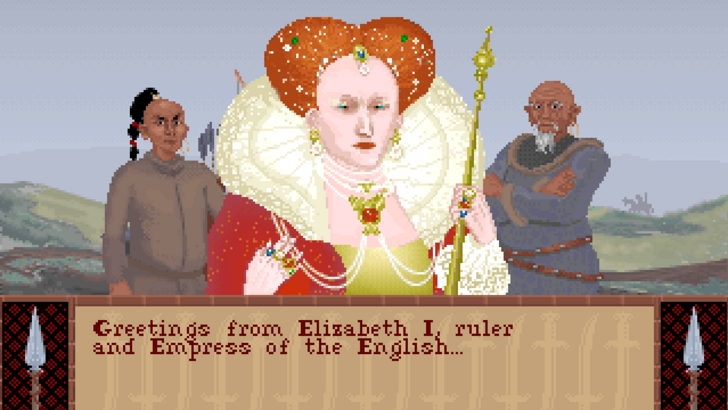
Sid Meier’s original Civilization game introduced a modest roster of 15 civilizations, focusing on global superpowers from the early '90s and historical antiquity. The leaders were straightforward, often historical heads of state, chosen for their widespread recognition. This approach resulted in familiar names like Abraham Lincoln, Tokugawa Ieyasu, Mahatma Gandhi, and Julius Caesar, with Elizabeth I as the only female leader. Despite the simplicity, this method set a foundation for future expansions and innovations in the series.
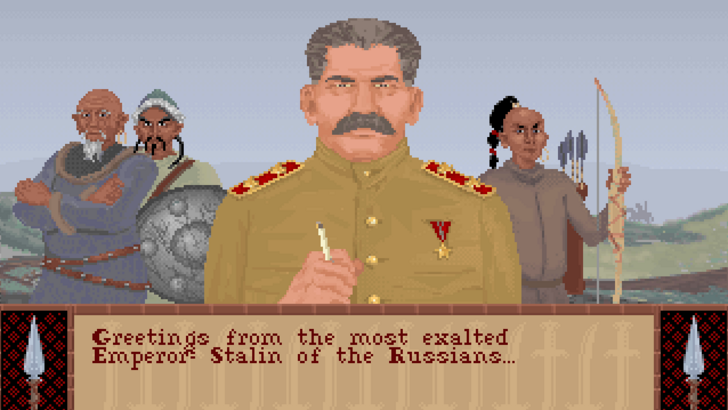
Civs 2 Through 5 Increase Diversity and Creativity in Increments
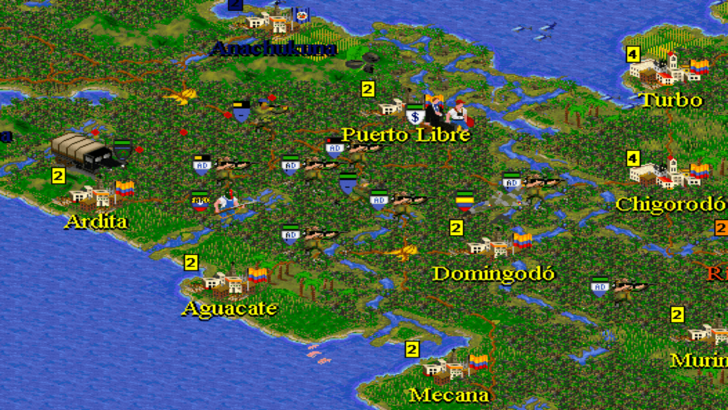
With Civilization II, the series began to expand its horizons, introducing new civilizations like the Sioux and additional superpowers like Spain. A notable change was the inclusion of a female leader roster, allowing players to choose between male and female leaders for each civilization. The definition of a leader also expanded to include non-heads of state, such as Sacagawea for the Sioux and Amaterasu for Japan.
Civilization III shifted the approach by integrating more female leaders directly into the game, such as Joan of Arc for France and Catherine the Great for Russia. By the time Civilization IV and V were released, the roster had grown significantly, and the concept of leadership had broadened to include revolutionaries, generals, and consorts. This shift showcased a more inclusive narrative, celebrating a wider range of historical figures.
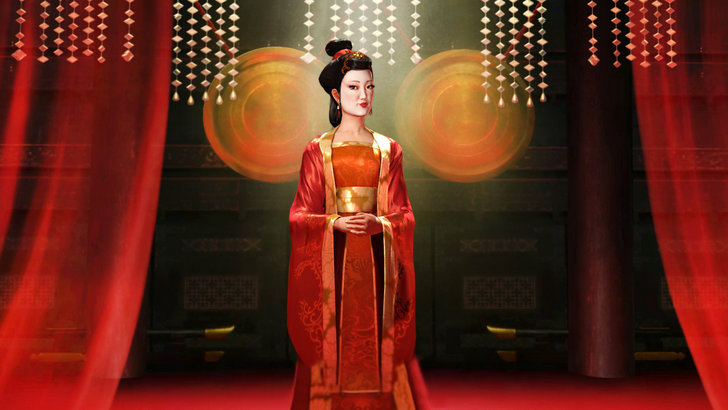
Civ 6 is When The Roster Starts to Get Spicy
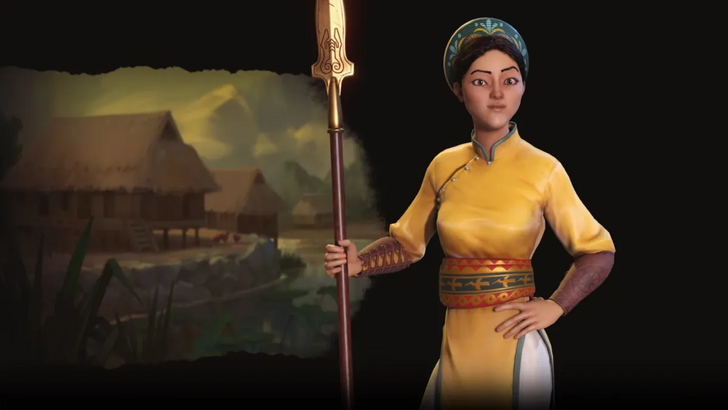
Civilization VI marked a turning point, with leaders becoming animated caricatures that brought their personalities to life. The introduction of Leader Personas allowed for multiple versions of the same leader, each with different playstyles. This era saw the inclusion of lesser-known heroes like Lautaro of the Mapuche and Bà Triệu of Vietnam, alongside traditional leaders like Queen Gorgo of Sparta.
The concept of leaders representing different phases of their lives was introduced with Eleanor of Aquitaine and Kublai Khan, who could lead multiple civilizations. This innovation set the stage for Civilization VII's approach to leadership.
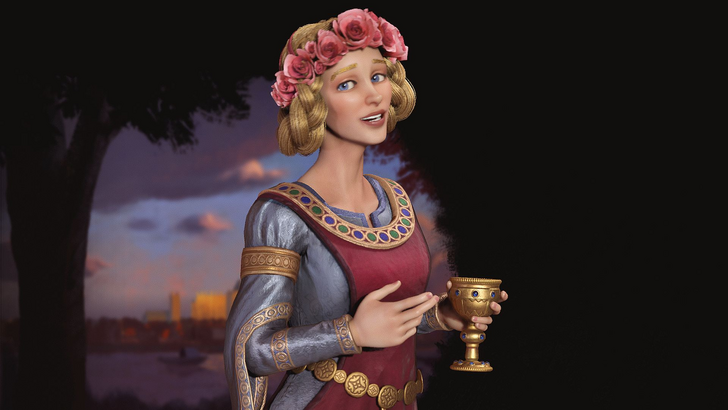
Civ 7 Forgoes Series Staples for Fresh Faces and Unique Leaders
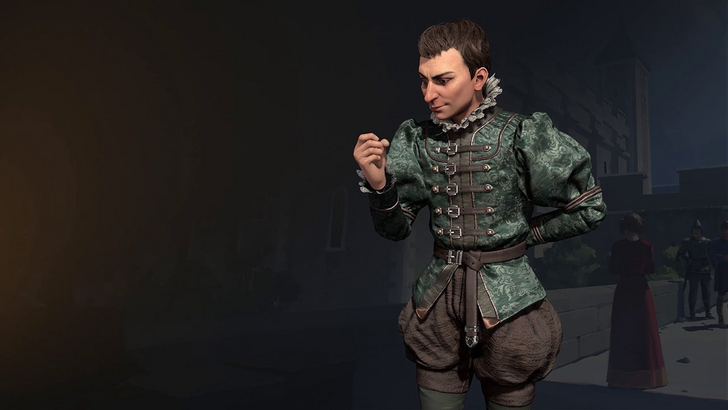
Civilization VII pushes the boundaries further with its most diverse and creative roster yet. It introduces a mix-and-match approach, allowing leaders to be paired with different civilizations. This flexibility brings new faces like Harriet Tubman, who embodies the spymaster role, and Niccolò Machiavelli, representing self-serving diplomacy. José Rizal of the Philippines also joins the roster, focusing on diplomacy and cultural events.
This evolution reflects Civilization's journey from a game about superpowers to a rich tapestry of human history, showcasing a wide array of leaders and their unique contributions to the world.

After nearly three decades, Civilization has transformed from a game about superpowers shaping history to a vibrant, diverse, and imaginative collection of great minds, all telling the story of humanity. The definition of leadership has changed dramatically, but the significance of those who bear the title remains as strong as ever. As we look forward to future iterations, we can appreciate the rich history and evolution of Civilization's leaders.
← Return to Sid Meier's Civilization VII main article
Sid Meier's Civilization VII Similar Games
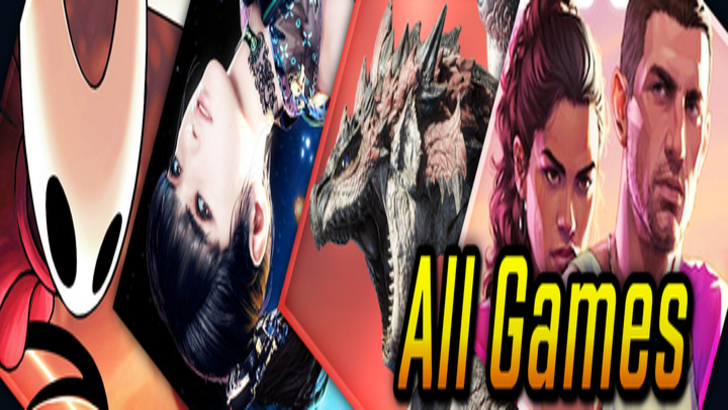
Latest Articles




![Taffy Tales [v1.07.3a]](https://imgs.anofc.com/uploads/32/1719554710667e529623764.jpg)







